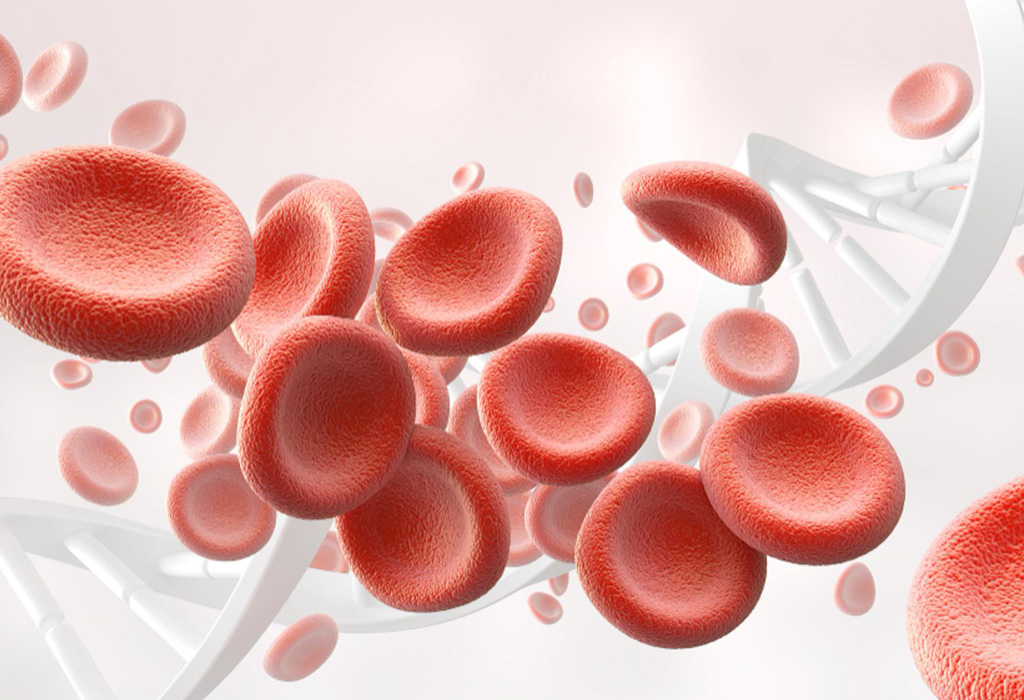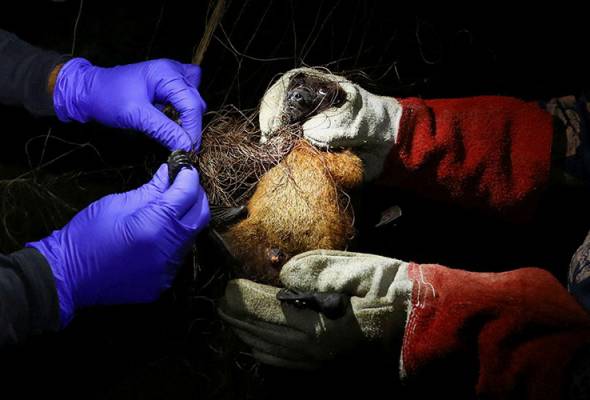Brazil is embarking on a groundbreaking initiative aimed at making cutting-edge cell and gene therapies accessible and affordable for its citizens. Partnering with Caring Cross, a non-profit organization specializing in healthcare innovations, and Fiocruz, Brazil’s renowned biomedical research institution, this collaboration seeks to locally manufacture advanced therapies for a range of diseases, including oncology, infectious, and genetic disorders. The centerpiece of this endeavor is to provide these life-saving treatments at a fraction of their current costs, particularly in comparison to the United States, where such therapies often come with exorbitant price tags.
At the forefront of this initiative are CAR-T cell therapies, which hold tremendous promise in treating leukemia, lymphoma, and even HIV infection. In the U.S., these therapies, exemplified by the $4.25 million Lenmeldy gene therapy, present significant financial barriers to access. However, Brazil’s plan aims to offer these therapies free of charge to patients, while costing the Brazilian public health system approximately $35,000 per dose. This represents a mere fraction of the prices seen in Western markets.
Central to the success of this initiative is Caring Cross’s expertise in optimizing manufacturing processes, dramatically reducing the material costs associated with producing CAR-T cell therapies. Through knowledge-sharing, technology transfer, and training, Caring Cross will empower Bio-Manguinhos, Fiocruz’s arm responsible for manufacturing vaccines and biologics, to produce CAR-T therapies and lentiviral vectors locally. By conducting clinical trials for experimental therapies and seeking regulatory approval within Brazil, the collaboration aims to accelerate the availability of these groundbreaking treatments within the country.
The initial focus will be on CAR-T therapies for leukemia and lymphoma, with plans to expand into other areas in the future. Boro Dropulić, Executive Director of Caring Cross, anticipates that approved products could be available within three years, marking a significant milestone in Brazil’s healthcare landscape.
Beyond providing affordable access to CAR-T cell therapies, this initiative promises to enhance Brazil’s capacity to manufacture critical biotechnological products and provide training opportunities for healthcare professionals across Brazil and Latin America.
Cost-Effectiveness and Long-Term Impact
Brazil’s initiative not only eliminates the financial burden on patients but also presents a more cost-effective solution for the government in the long run. Carolini Kaid, CEO of Vyro Bio, highlights Brazil’s unified public health system, which mandates the government to provide and finance healthcare for all citizens. However, the rising costs of advanced treatments pose significant challenges.
Kaid emphasizes that the affordability of treatments depends on factors such as efficacy, patient population, and treatment duration. By focusing on curative treatments and investing in innovative technologies domestically, Brazil can ensure more sustainable healthcare spending while improving patient outcomes.
For instance, the initiative addresses the staggering social costs associated with conditions like autism spectrum disorder (ASD), offering a pathway to curative treatments that can alleviate long-term financial burdens on individuals, families, and the government.
Global Implications
Brazil’s ambitious initiative is part of a global movement to enhance access to cell and gene therapies. Similar efforts are underway in countries like India and Europe, where innovative approaches are driving down costs and improving accessibility.
Carolini Kaid believes that Brazil’s track record in delivering affordable vaccines positions it as a leader in the field of healthcare accessibility. By leveraging its expertise and resources, Brazil can pave the way for greater affordability and availability of cell and gene therapies worldwide.
In conclusion, Brazil’s partnership with Caring Cross and Fiocruz represents a significant step towards democratizing access to life-saving treatments. By prioritizing affordability, innovation, and local capacity building, Brazil is poised to make a lasting impact on global healthcare accessibility.





